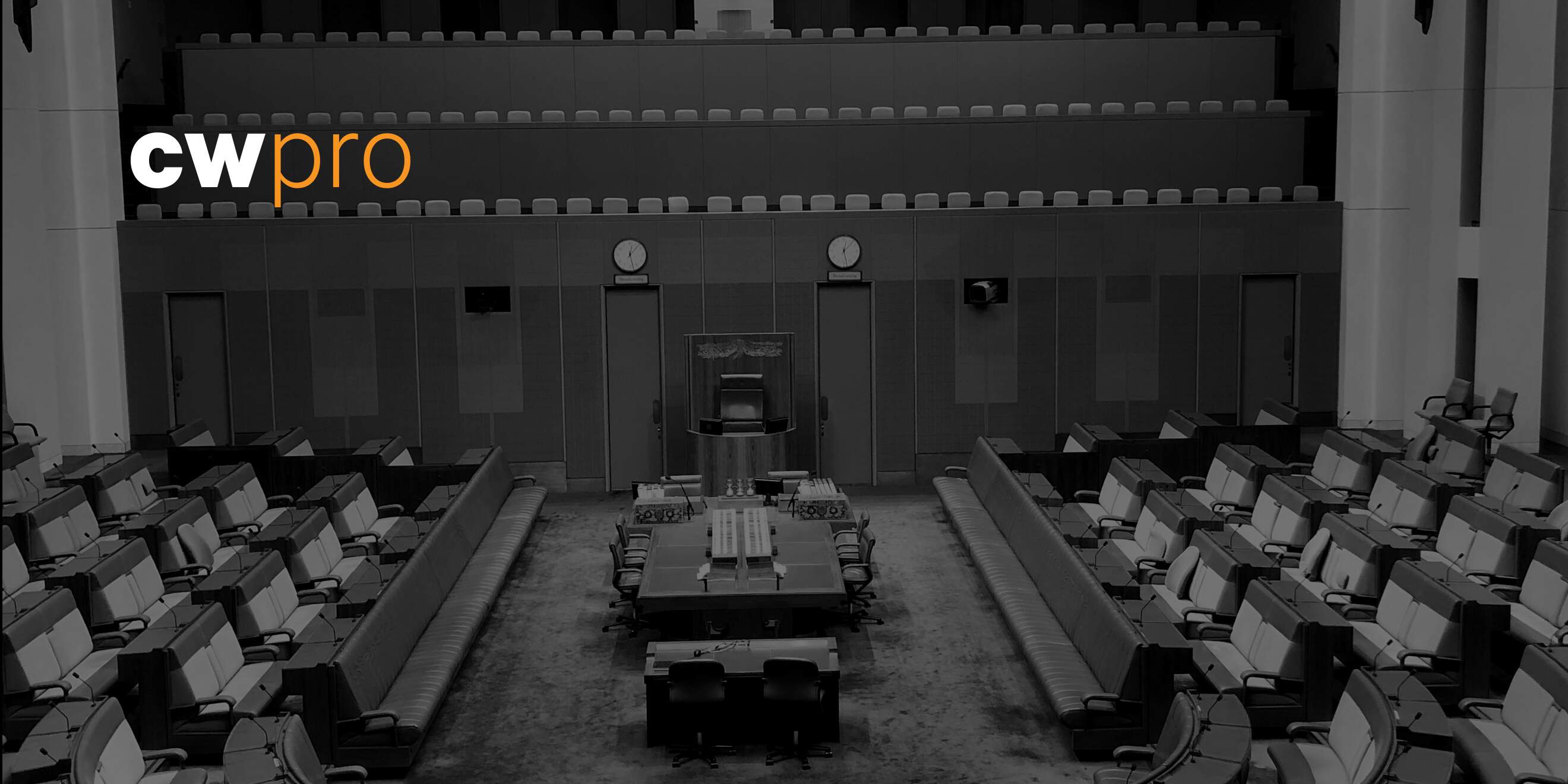At a glance.
- Cyberspace Solarium Commission issues cybersecurity hiring guidance.
- FTC offers guidance on Safeguards Rule.
- US Democrats and Republicans reach agreement on privacy measures.
Cyberspace Solarium Commission issues cybersecurity hiring guidance.
The US Cyberspace Solarium Commission is calling for measures to bolster federal hiring of cyberprofessionals, FedScoop reports. The report, issued Thursday, calls for the Office of the National Cyber Director (NCD) to work with the Office of Personnel Management to revamp coding structures for cybersecurity jobs, and recommends the creation of a specialized human resource team focused on recruiting top cyber talent. The report is an effort to remedy the severe hiring shortage when it comes to cybersecurity positions, as the government currently has 39,000 vacancies for cyber talent, while the country’s entire public sector employs just over 75,000 cybersecurity professionals. While the report identifies several recruiting challenges like a lack of diversity and limited agency hiring flexibilities, the Federal News Network notes that some officials feel the main issue is a lack of data. Mark Montgomery, director of the commission and one of the authors of the report, explained, “Government cannot make good decisions without good data. We all understand that, despite the fact that we actually have a legal statute saying, ‘collect the data,’ we do not have good data.” National Cyber Director Chris Inglis also stressed the need for a cohesive hiring strategy and collaboration with industry: “We would then use that strategy to figure out, how do we connect those, give those the highest possible leverage, kind of amplify their efforts not within the stovepipes, but broadly across the federal government and join arm and arm with the private sector.” CSO Online offers an overview of the report’s suggestions for the NCD, congress, and the private sector, respectively, noting that the report calls for “special pay rates for the most in-demand roles” that would make salaries more competitive with those in the private sector.
FTC offers guidance on Safeguards Rule.
Late last month the Federal Trade Commission (FTC) released guidance for financial institutions and their service providers regarding the Commission's recently revised Safeguards Rule under the Gramm-Leach-Bliley Act (GLBA). As JDSupra explains, the Safeguards Rule’s purpose is to ensure that financial institutions subject to the GLBA (which according to the FTC’s definition includes non-banking financial institutions like check-cashing businesses, mortgage brokers, nonbank lenders, professional tax preparers, courier services, and credit reporting agencies), implement proper protocols to ensure the security of customer data. Among the recommendations is multifactor authentication for all individuals accessing networks containing customer information.
US Democrats and Republicans reach agreement on privacy measures.
On Friday a bipartisan group of legislators in the US House and Senate reached a compromise on draft legislation that consumer rights advocates say could be the biggest step yet toward a federal privacy law. The bill would allow users to opt out of targeted advertisements and to sue Internet companies that improperly sell their data. The idea of a federal law that would supersede state privacy measures and allow consumers to file lawsuits against violators has been a source of contention between Democrats and Republicans for years. The new bill compromises by setting a limit on when and how users can sue companies while including measures that would overrule some state privacy laws. The Washington Post outlines the major highlights of the bill, which include forbidding companies from charging users to access most data privacy measures, the creation of a public registry of data brokers, and the establishment of a special bureau to enforce the new legislation. Alexandra Reeve Givens, president and chief executive of nonprofit research group the Center for Democracy and Technology, commented, “This draft shows that there is a bipartisan path forward on long-overdue legislation to protect consumer privacy. Americans want and desperately need legislation to protect their personal data and promote trust in the online world. While it’s not perfect, the draft is a hopeful first step.”
